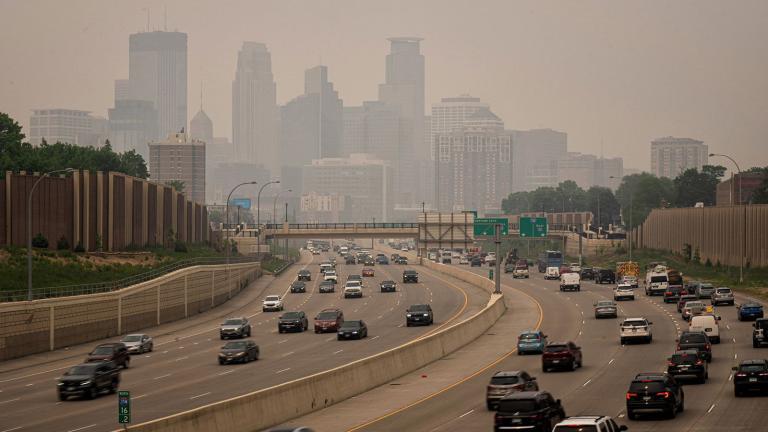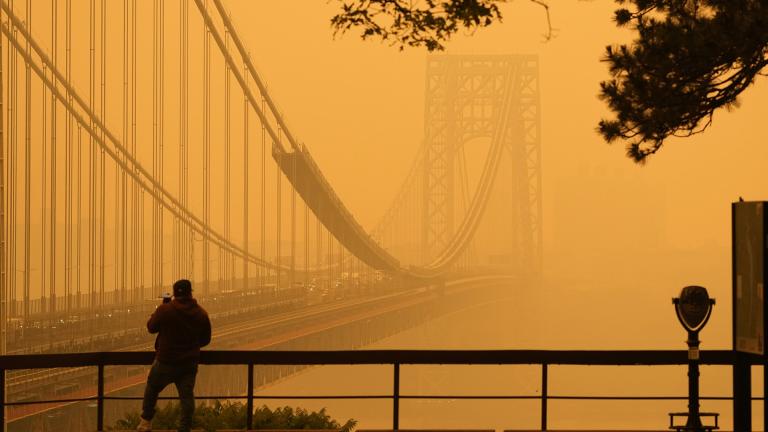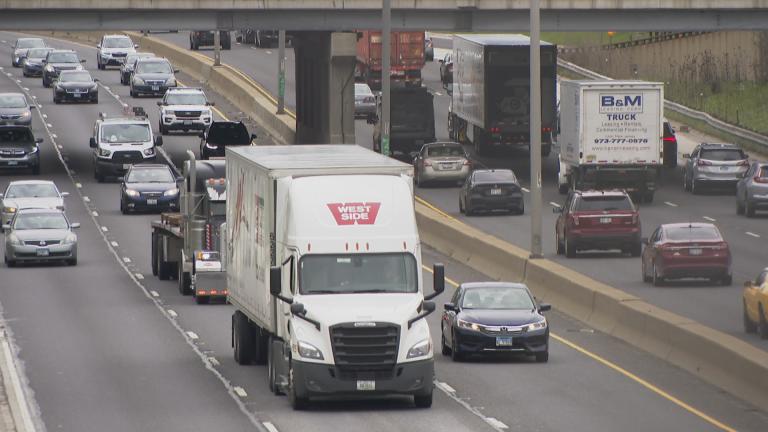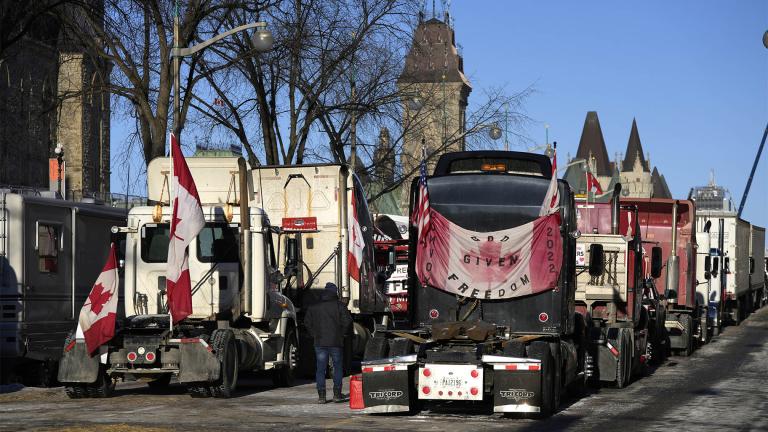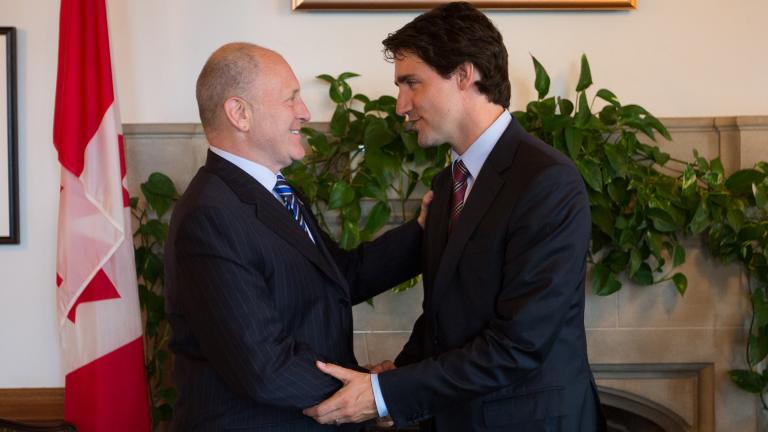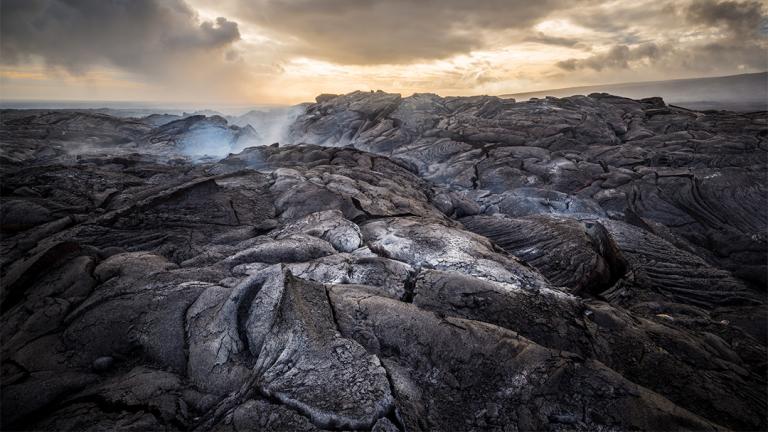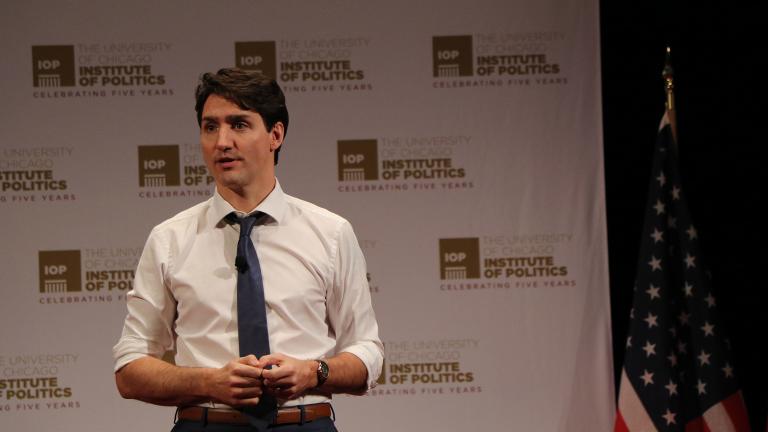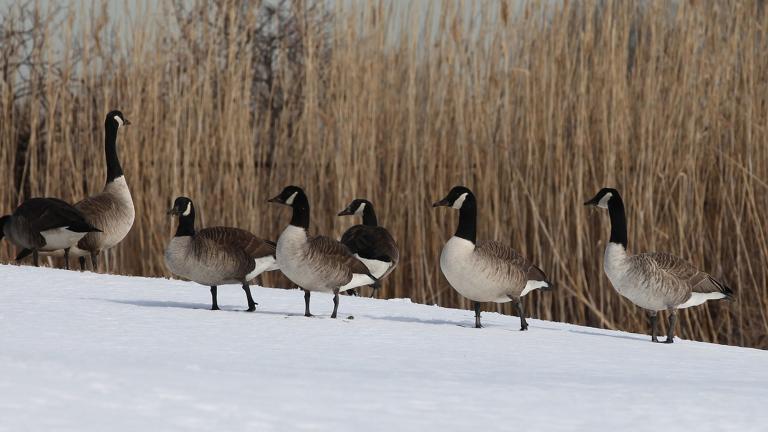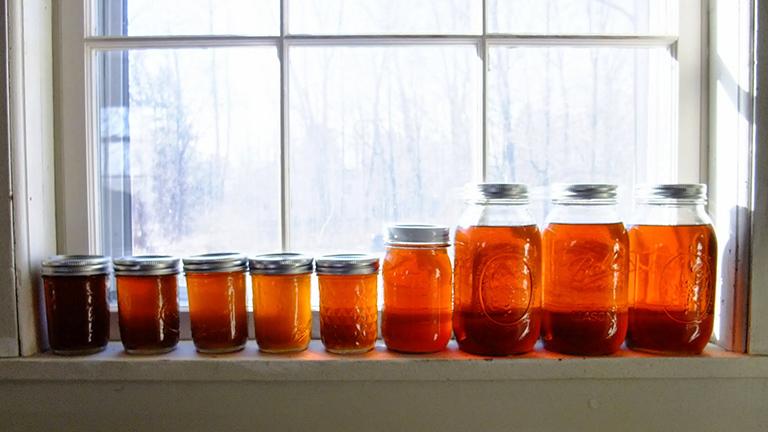The entire state of Minnesota and most of Wisconsin were under air quality alerts Wednesday as a gray haze from wildfire smoke shifted south, according to the National Weather Service.
Canada
While Canadian officials asked other countries for help fighting more than 400 blazes nationwide that already have displaced 20,000 people, air quality with what the U.S. rates as hazardous levels of pollution extended into central New York.
While the U.S. isn’t experiencing the same upheaval as Canada, trucking advocates say the industry still faces huge challenges, many of which predate the pandemic.
Ottawa Police Chief Peter Sloly lost his job after failing to move decisively against the bumper-to-bumper demonstration by hundreds of truck drivers. The protests by the so-called Freedom Convoy have infuriated many residents, who have complained of being harassed and intimidated on the streets.
Canada is America’s most trusted ally, but that relationship is at risk. In their new book “The Art of Diplomacy,” a former U.S. ambassador to Canada and his wife explain.
A study of rock minerals from northern Canada provides evidence that the Earth might have supported life hundreds of millions of years earlier than thought, according to research led by UChicago scientists.
The Canadian prime minister spoke candidly at the University of Chicago on Wednesday, addressing trade tensions between both countries, as well as his vision of gender equality.
It’s open season for hunters of Canada geese, but the migrating birds have found a novel way to stay out of the firing line: wintering in the city. Rabiah Mayas joins us with that story and more from the world of science.
There are signs that climate change is having negative effects on maple syrup production. Researchers are now surveying maple trees in the Midwest to look for them.

